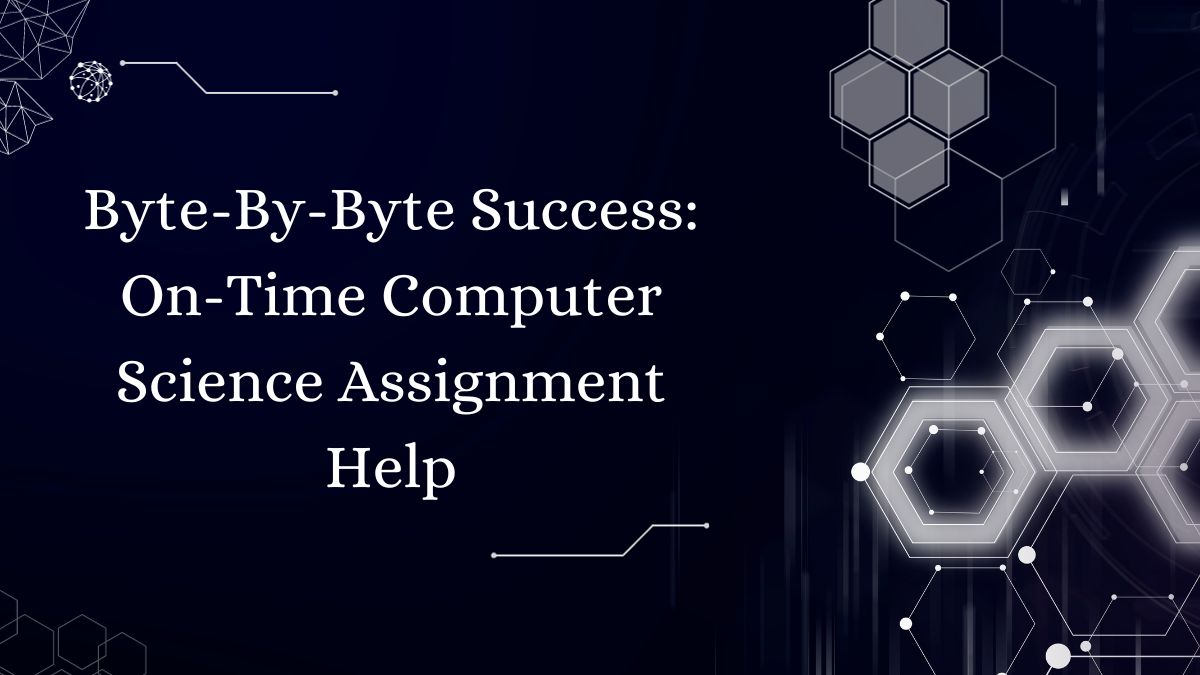Impact of artificial intelligence in Today’s era
Artificial Intelligence (AI) has come a long way since its inception, and its impact has been significant, especially in the current era. In this article, we will explore how AI has changed the way we live, work, and communicate and how it has transformed various industries. Healthcare: AI has revolutionized the healthcare industry, making it [...]


Artificial Intelligence (AI) has come a long way since its inception, and its impact has been significant, especially in the current era. In this article, we will explore how AI has changed the way we live, work, and communicate and how it has transformed various industries.
Healthcare:
AI has revolutionized the healthcare industry, making it more efficient and patient-centric. With the help of AI, doctors can now diagnose diseases accurately and in real time. AI algorithms can also analyze vast amounts of patient data and medical records, providing insights into trends and patterns that were previously unknown. This enables healthcare providers to offer personalized treatment plans that cater to each individual’s needs.
Additionally, AI has also made telemedicine possible, which has been instrumental in making healthcare more accessible and convenient. Patients can now connect with doctors from the comfort of their homes, eliminating the need to travel to a clinic.
Transportation:
The transportation industry has also seen significant improvements with the help of AI. Self-driving cars, for example, have the potential to reduce accidents caused by human error while also making transportation more efficient and accessible. Additionally, AI algorithms can also analyze traffic patterns and predict traffic congestion, allowing cities to manage traffic flow better and reduce congestion.
Manufacturing:
AI has also transformed the manufacturing industry, making it more efficient, cost-effective, and sustainable. With the help of AI, factories can now automate repetitive tasks, reducing the need for manual labour. AI algorithms can also monitor production processes in real-time, identifying potential issues before they become problematic and reducing downtime.
Furthermore, AI has also enabled companies to adopt more sustainable practices, such as reducing waste, optimizing energy usage, and minimizing carbon emissions.
Finance:
The finance industry has also seen significant changes with the introduction of AI. AI algorithms can now analyze vast amounts of financial data, providing insights into market trends and identifying investment opportunities. This has enabled financial institutions to offer more personalized investment advice, reducing the risk of financial loss for investors.
Additionally, AI has also made it possible for financial institutions to automate routine tasks, such as processing transactions and reconciling accounts. This has reduced the need for manual labor, freeing up resources for more strategic tasks.
Entertainment:
AI has also impacted the entertainment industry, changing the way we consume content. AI algorithms can now recommend movies, TV shows, and songs based on our preferences, making it easier to find content that we enjoy. Additionally, AI has also made it possible to create more realistic and immersive virtual reality experiences.
Communication:
AI has also transformed the way we communicate. Virtual assistants, such as Siri and Alexa, can now assist us with routine tasks, such as setting reminders and answering questions. Additionally, AI algorithms can now translate languages in real time, making it easier to communicate with people from different countries and cultures.
Education:
Another industry that has been impacted by artificial intelligence is education. AI algorithms can now analyze vast amounts of student data, providing insights into their strengths and weaknesses and identifying areas for improvement. This information can be used to personalize learning experiences and create more effective learning plans.
Furthermore, AI has also made education more accessible, especially in remote or underdeveloped areas. Online education platforms, such as Coursera and Udemy, use AI algorithms to provide personalized learning experiences and help students achieve their goals. With AI, students can now learn at their own pace and in a way that suits their learning style.
Conclusion:
In conclusion, AI has had a profound impact on various industries, and its impact will continue to be felt for years to come. AI has made our lives easier, more convenient, and more efficient and has the potential to solve many of the world’s most pressing problems. However, while AI has brought many benefits, it has also raised concerns about privacy and job displacement. As we continue to rely more on AI, it is crucial that we also consider these concerns and take steps to mitigate their impact. Artificial intelligence is shaping the future, said Business Tweet, and its impact will continue to be felt for years to come. The possibilities are endless, and we can expect to see even more exciting developments in the future.










